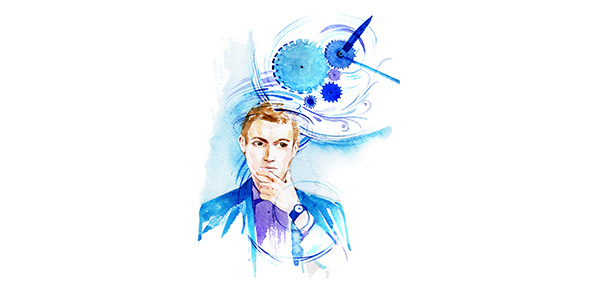Related Flashcards
Related Topics
Cards In This Set
| Front | Back |
|
What is the def. of psychology?
|
Study of human behavior
|
|
Who was Freud and what theory did he establish
|
Sex, psycoanalysis
|
|
Who was Pavlov and what famous expirement is he responsible for
|
Russian, physiologist, dog salivating
|
|
Nature vs Nurture
|
DNA vs. Life experience
|
|
7 perspectives of psychology
|
Biological, Psychodynamic, Behavioral, Humanistic, Cognitive, Cross-Cultural, Evolutionary
|
|
Natural Observation
|
Observe and record behaviors as they occur in their natural settings, ex: studying tiger in wild
|
|
Case Study
|
Intensive in-depth investigation of an individual ex: people with brain damage help us understand language, emotional control, and memory
|
|
10 specialties in psychology
|
Biological, Cognitive, Experimental, Developmental Social, Personality, Health Ed, Industrial, Organized, and Clinical
|
|
Four steps of scientific method and TRUE model
|
1. Formulate Hypothesis 2. Design Study 3. Analyze Data 4. Report Findings
Testable, Reliable, Unusual, Experimental
|
|
Define and give an ex. of negative and positive correlation
|
Negative- two factors go in opposite direction: marital satisfaction goes up---rate of divorce goes down
|
|
Positive correlation
|
Positive- two factors same direction: years of ed. goes up--annual earnings go up
|
|
Def. of a neuron
|
Highly specialized cell that communicates info in electrical, and chemical form
|
|
3 basic types of neurons
|
Sensory: convey info about environ. motor: muscles and glands. interneurons: communicate info between neurons
|
|
Label the five parts of neurons
|
 Neuron |
|
What is the myelin sheath and what does it do
|
Covering around the axons, it increases communication and speed
|




